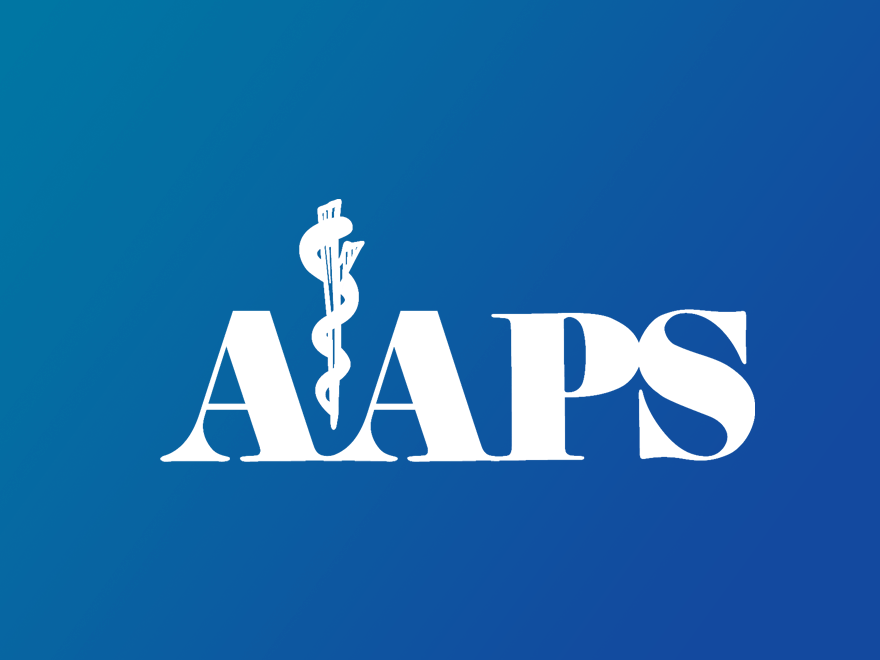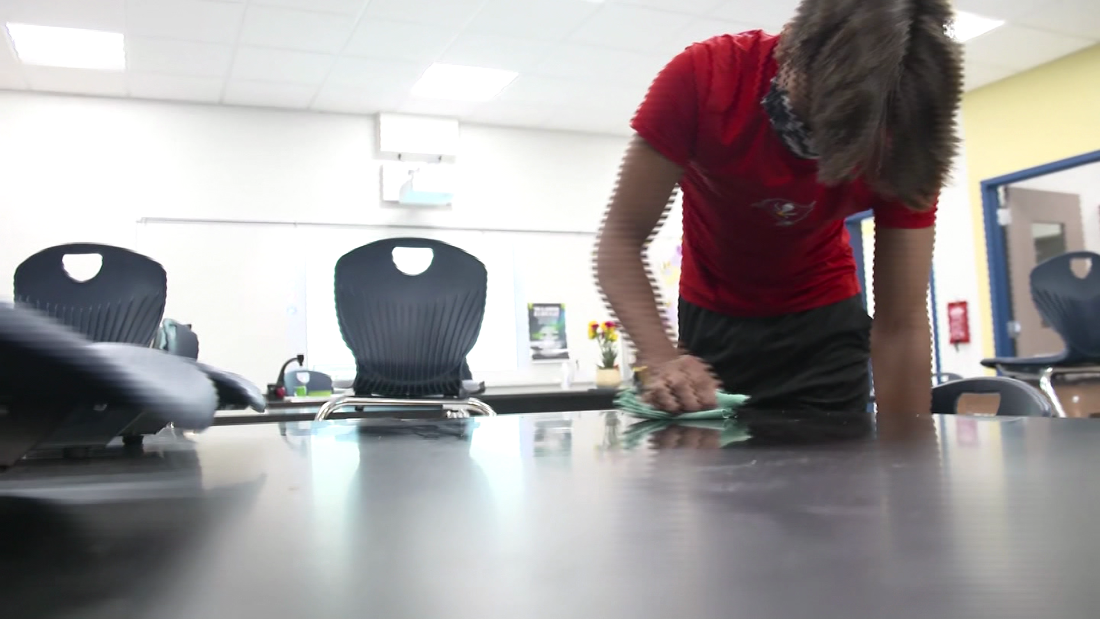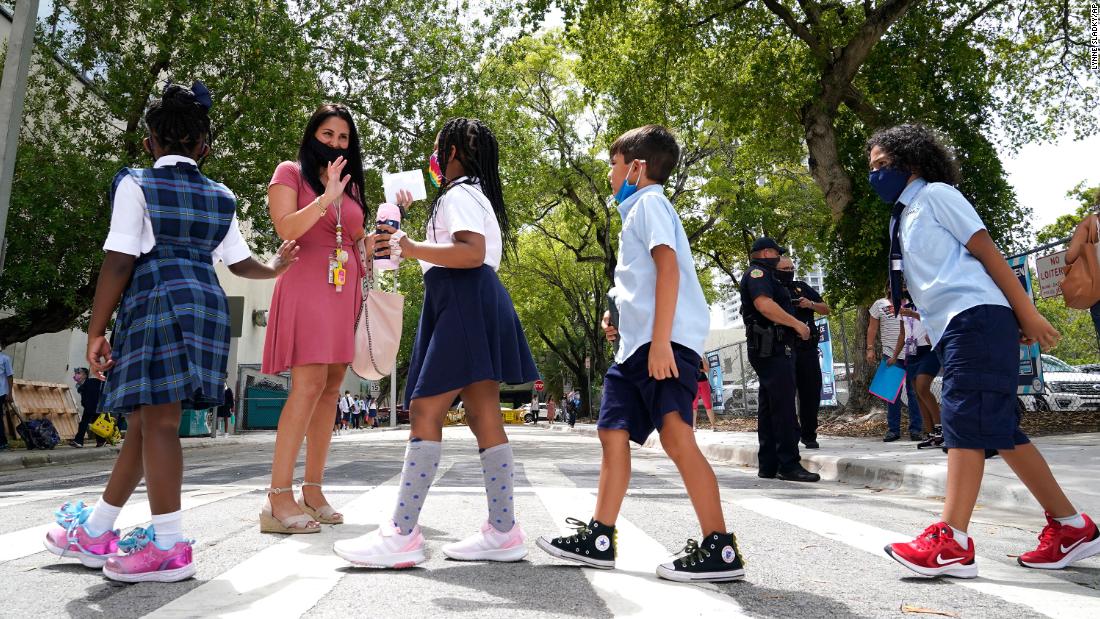There is some evidence that Vitamin D has a protective effect against severe covid symptoms. There are also breakthrough infections--fully vaccinated people getting Covid. We aren't sure what's happening here, but we believe that the antibodies wane after about 8 months after the shot. We see a similar effect with the flu vaccine antibodies. So she isn't totally off base, but she wasn't told, or didn't see that those people that get the vaccine are largely protected against severe covid symptoms and hospitalization, unless you are high risk.
What's needed here is not an admonishment, or snark, but a genuine conversation with you involved. Realize that her fears are not unfounded and talk to her about what we know and what we don't. I came across an article today that resonated with me. This is a novel virus, which means we don't know a damn thing about it. I wonder what's happening to intellectual curiosity and why is it being replaced with politics. In every statistics class, my professors were quick to remind us that statistics only suggest an outcome--it doesn't define an outcome. Just because this cohort of people has this result, doesn't mean it's transferrable to another group of people. Throughout scientific literature, we constantly state that we don't really know, but we can report on what we observe and make an educated guess after that. This is the beauty of the scientific process--it allows for varied results as we continually add information to our approximation. But with the Covid literature, people are treating it like it's carved in stone. They act like we can't have new information and government officials often aren't scientists, so they don't appreciate that the science changes as we gather new information. If we were more honest, which I think we should be, then we should say that we don't really know how effective vaccines are when it comes to contracting covid (but we do know about those people's hospitalization rates). We also don't know what other vitamins might help protect people. I even read a study that came out of Japan that talked about how people on hypertension medications had lower rates of covid compared to a similar risk group not on these meds. We aren't sure why we are seeing these results. We stopped ivermectin treatment, but India and Latin America are still using this as an active treatment. We are still teasing out the biological mechanisms of covid--and until we know this, we can only respond to symptoms.
No one knows what's actually effective, or what the science really is, but we are learning how to best protect ourselves, and the number one way to keep covid from spreading is still population masking and social distancing. If you want to avoid the hospital, you should probably get a vaccine, because the data shows that adverse events from the vaccine are about 4 to 6 per one million people, but it reduces your risk of hospitalization (how much, we aren't sure but the data suggests that it is highly protective). There was a good study that came out of the UK earlier this month that talks about risk factors for hospitalization with the vaccine:
Between Dec 8, 2020, and July 4, 2021, 1 240 009 COVID Symptom Study app users reported a first vaccine dose, of whom 6030 (0·5%) subsequently tested positive for SARS-CoV-2 (cases 1), and 971 504 reported a second dose, of whom 2370 (0·2%) subsequently tested positive for SARS-CoV-2 (cases 2). In the risk factor analysis, frailty was associated with post-vaccination infection in older adults (≥60 years) after their first vaccine dose (odds ratio [OR] 1·93, 95% CI 1·50–2·48; p<0·0001), and individuals living in highly deprived areas had increased odds of post-vaccination infection following their first vaccine dose (OR 1·11, 95% CI 1·01–1·23; p=0·039). Individuals without obesity (BMI <30 kg/m2) had lower odds of infection following their first vaccine dose (OR 0·84, 95% CI 0·75–0·94; p=0·0030). For the disease profile analysis, 3825 users from cases 1 were included in cases 3 and 906 users from cases 2 were included in cases 4. Vaccination (compared with no vaccination) was associated with reduced odds of hospitalisation or having more than five symptoms in the first week of illness following the first or second dose, and long-duration (≥28 days) symptoms following the second dose. Almost all symptoms were reported less frequently in infected vaccinated individuals than in infected unvaccinated individuals, and vaccinated participants were more likely to be completely asymptomatic, especially if they were 60 years or older.
To minimise SARS-CoV-2 infection, at-risk populations must be targeted in efforts to boost vaccine effectiveness and infection control measures. Our findings might support caution around relaxing physical distancing and other personal protective measures in the post-vaccination era, particularly...
www.thelancet.com
I guess you have to decide, do you care enough to engage in conversation? For an acquaintance, I usually don't say much or say something like, "yeah, I decided to get my vaccine because I can't be spending time in the hospital" or "my dad is a transplant case so I got it to protect him". And they acknowledge that yes that is a good reason.
I was recently at a family funeral and my cousin's wife was talking about how they didn't get the vaccine and all of them (her, my cousin, and their child) got Covid. She asked me if I had gotten the vaccine and I said yes, because I want to see my immunocompromised father without getting him sick, and she said that she wished she had gotten the vaccine because she was still dealing with the fatigue syndrome prior to getting covid. I know that part of their reasoning was quasi-political (they are staunch Republicans but not the over the top vaccine denier people). I feel like if this was less political, then people like my cousin and his wife would have been much more open to getting the vaccine.
Hmmmm, what could we do to stop this from happening?
Answer: A comprehensive national health strategy

 vtdigger.org
vtdigger.org







